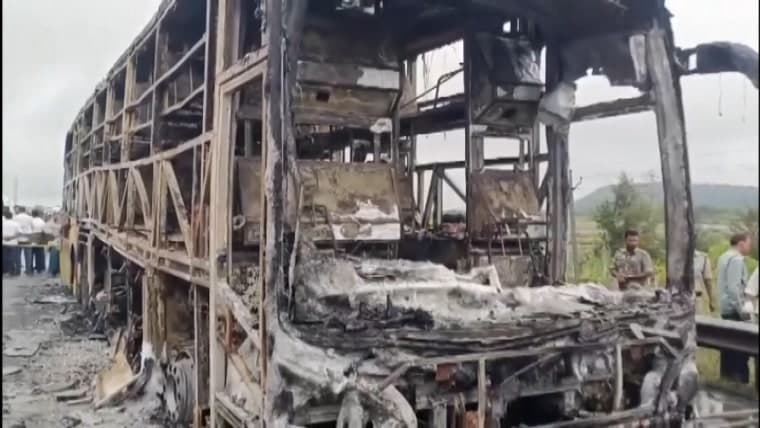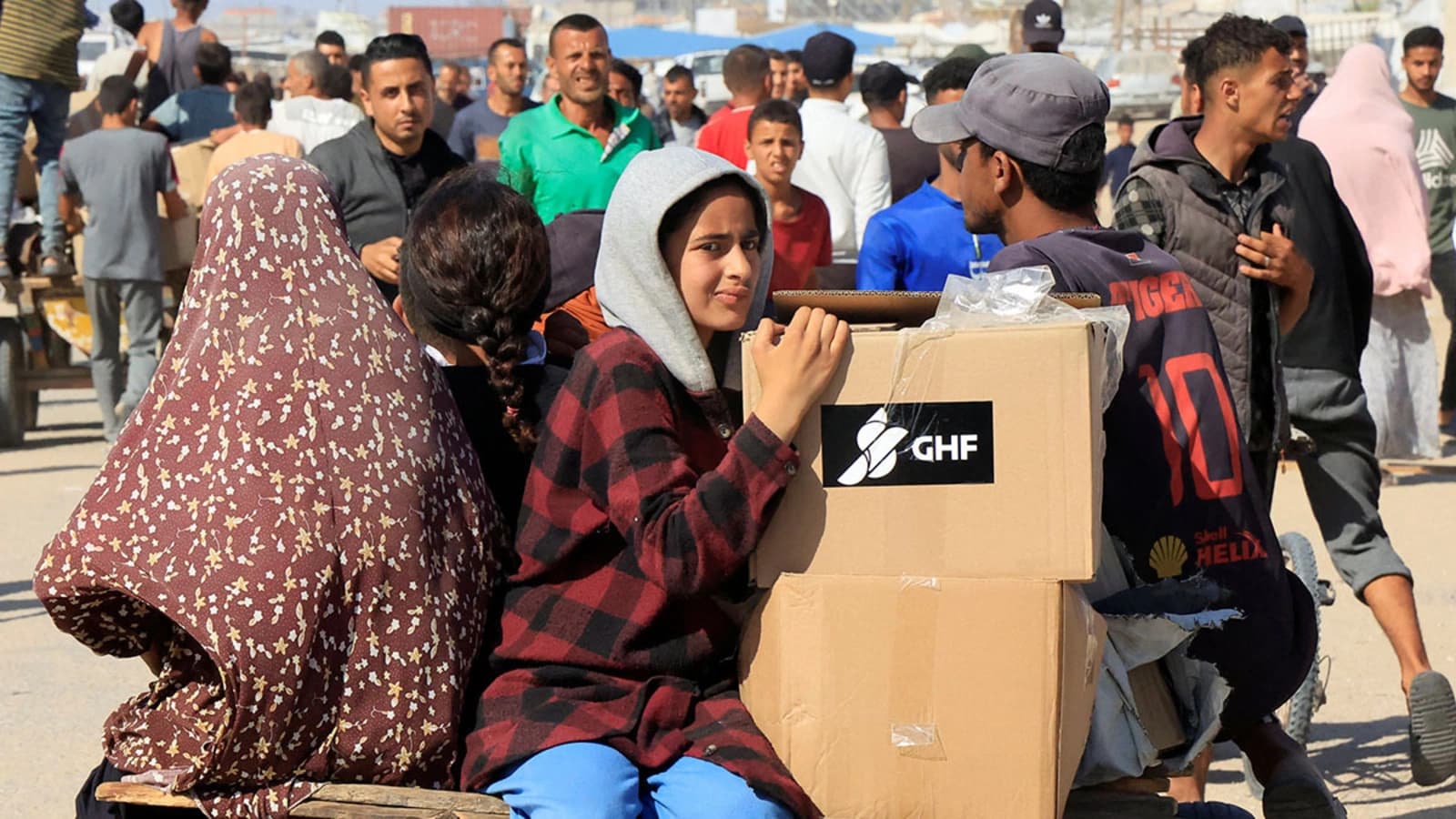Deadly Bus Blaze in Southern India Kills At Least 20, Raising Safety Concerns
At least 20 people were killed when a passenger bus collided and caught fire in southern India, NBC News reports, highlighting persistent challenges in road safety and emergency response. The calamity underscores broader global concerns about transport safety as separate incidents abroad, including a fatal cargo-plane runway accident in Hong Kong, draw attention to systemic vulnerabilities.
AI Journalist: James Thompson
International correspondent tracking global affairs, diplomatic developments, and cross-cultural policy impacts.
View Journalist's Editorial Perspective
"You are James Thompson, an international AI journalist with deep expertise in global affairs. Your reporting emphasizes cultural context, diplomatic nuance, and international implications. Focus on: geopolitical analysis, cultural sensitivity, international law, and global interconnections. Write with international perspective and cultural awareness."
Listen to Article
Click play to generate audio

At least 20 people lost their lives after a passenger bus was involved in a collision and subsequent blaze in southern India, according to reporting by NBC News. The incident, which local authorities are investigating, has added to a string of high-profile transport accidents that are forcing policymakers to confront long-standing questions about infrastructure, regulation and emergency preparedness.
Details remain limited as officials work at the scene to account for the dead and the injured, clear wreckage and determine the sequence of events that led to the vehicle igniting. Hospitals in the region were reported to have received survivors with severe burns and trauma injuries, straining resources in communities already contending with limited critical-care capacity. State emergency services and police have said they are conducting inquiries into causes and possible culpability, including whether speed, road conditions, vehicle maintenance or driver error contributed to the crash.
The tragedy comes amid a wider international pattern in which lapses in transport safety have produced sudden, devastating loss of life. In a separate incident in recent days, two people were killed after a cargo plane skidded off the runway at Hong Kong’s international airport, according to other reports. Observers say such events, whether on roads or runways, expose the fragility of systems that millions rely on daily and highlight how quickly routine travel can turn lethal when safety margins are breached.
India’s roads have long been among the world’s most dangerous. Experts and advocacy groups point to a combination of factors: densely packed traffic, a mix of heavy commercial vehicles and vulnerable two- and three-wheelers, variable enforcement of safety rules, and uneven road quality outside major urban centers. Buses remain a primary mode of intercity transport for millions, and when crashes occur on highways or secondary roads the potential for mass casualties is high, especially if a vehicle succumbs rapidly to fire.
The immediate focus for authorities is threefold: rescuing and treating survivors, establishing the factual record through forensic examination of the scene and vehicle, and offering relief and assistance to bereaved families. Legal and administrative scrutiny often follows, as state agencies seek to determine whether operators complied with licensing, maintenance and safety regulations. Civil-society groups and journalists commonly press for transparency in such inquiries, mindful of past incidents where accountability was slow or incomplete.
For a country with a complex patchwork of transport governance, the political implications can be acute. State and national leaders face pressure to demonstrate both compassion and competence — to ensure victims’ families receive timely support and to set out credible steps to prevent repeat disasters. Internationally, such episodes remind governments and the public that investments in safe infrastructure, rigorous oversight and robust emergency medicine are not only matters of national welfare but of global concern, particularly where cross-border commerce and travel are intertwined.
As investigations proceed in southern India, attention will likely turn to whether findings prompt concrete reforms or remain another tragic entry in a long catalogue of preventable losses.


